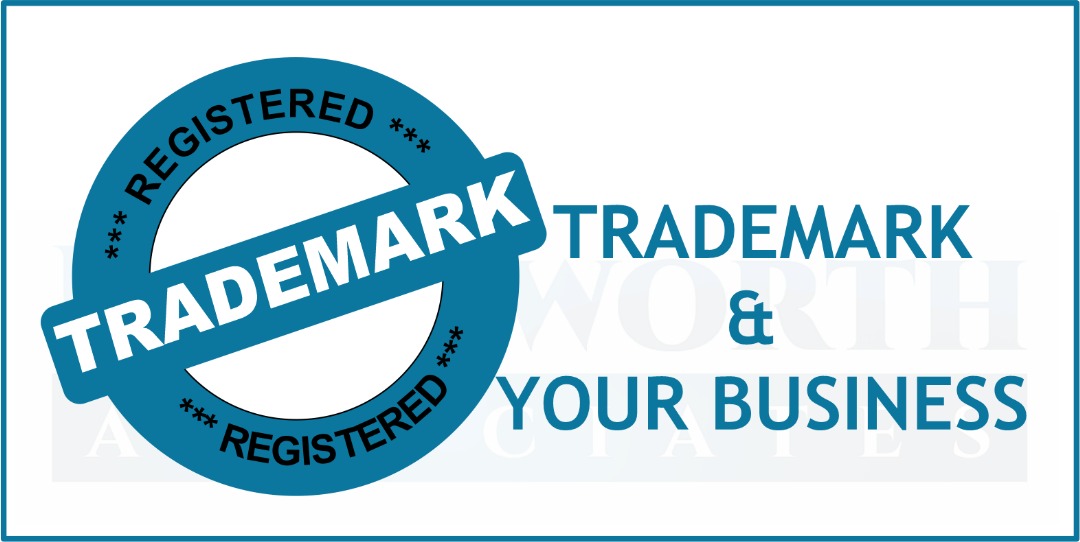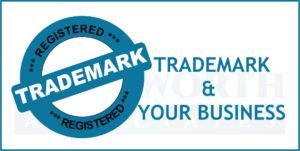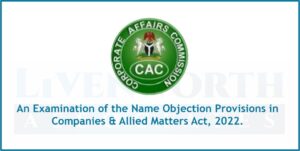Introduction
Trade marking is a way of referring to a brand, it makes it easy for customers to find your business. What is a trade mark? It is a sign used by a person in the course of business to identify its goods or services and to distinguish his goods or services from those of others. By filing an application for trade mark registration, the trade mark owner obtains a right to ownership and the right to prevent others from using a similar mark without his permission. It is important to note that the registration of a trade mark adds substantial value to your business, examples of well-known trade marks include Coca-Cola by the Coca-Cola Company for beverage drinks, Apple and Apple logo by Apple Inc. for phones, electronic and computer devices, Facebook, Twitter, Pinterest, Mr Biggs, etc. An elaborate but hazy definition of trade mark was stated in section 67 of the trade marks Act, LFN T13 2004, to wit:
trade mark” means, except in relation to a certification trade mark, a mark used or proposed to be used in relation to goods for the purpose of indicating, or so as to indicate, a connection in the course of trade between the goods and some person having the right either as proprietor or as registered user to use the mark, whether with or without any indication of the identity of that person, and means, in relation to a certification trade mark, a mark registered or deemed to have been registered under section 43 of this Act.
The above definition has been updated in section 69 of the Business Facilitation (Miscellaneous Provisions) Act, 2023, which provides that,
a trade mark is a mark used or proposed to be used in relation to goods or services for the purpose of indicating a connection between the goods or services and a person having the right, either as a proprietor or as a registered user, to use the mark, whether with or without any indication of the identity of that person, and may include shape of goods, their packaging and combination of colours.
The definition of goods was also expanded recently to include ‘services’. Based on the foregoing, it is apparent that a trade mark is defined based largely on its utility purpose. It is clear that it is a mark, however, the mark must be used to indicate a connection between the goods or services and the trade mark owner. The business Facilitation Act, 2023 effectively extended trade marks in Nigeria to include services, shape of goods, packaging of goods and combination of colours. This has indeed extended a statutory backing to what was obtainable prior. Trade mark is therefore, a mark used or proposed to be used for the purpose of indicating a connection between the goods/services and a person having the right to use the mark, and this may include shape of goods, their packaging and combination of colours. This article discusses briefly the concept of trade mark in Nigeria and its benefits to a business enterprise.
Exploitation of trade marks
The owner or proprietor of a registered trade mark is able to exploit the trade mark in Nigeria through several means, such as:
- Use: by this the owner of a trade mark actively uses the mark in select jurisdictions such as Nigeria, South Africa, Ethiopia, etc and this will effectively prevent infringers or third parties from using, copying, passing -off or infringing the said trade mark(s) without the authorisation of the trade marks proprietor.
- License: In trade mark licensing, the trade mark proprietor who is known as the licensor, grants permission to another individual, known as the licensee to use the trade mark on a commonly agreed terms and conditions. A trade mark owner could licence the use of the trade mark for exploitation to a third party (ies) for commercial benefits within a specified period of time. This could be through licence, licence user, franchise, etc.
- Assignment or sale of the trade mark for value. Trade mark assignment is the transfer of the trade mark ownership by the assignor/owner to the assignee/the new owner. This is one of the most prominent, mediums of trade mark exploitation in Nigeria.
Benefits of a trade mark to your business
Likewise, the implication of a trade mark to one’s business and brand are numerous, here are listed a few reasons why trade mark protection is crucial to your brand or business growth:
- A trade mark distinguishes a product of one enterprise from that of another or others.
- Trade marks act as identifiers, they are used to identify the source, owner(s) or creators of a particular brand. Put differently, trade marking is a way of referring to a brand, therefore, it makes it easy for customers to find brands and business. They are used to protect the identity of a business enterprise.
- Trade marks have been identified as an effective communication tool. Trade marks can become the well-known brand names, designs, slogans or even replace name of a product for goods. It is easily and efficiently utilized for marketing efforts. The trade mark could be used to raise equity for a business undertaking. It is not news that trade marks appreciate in value over time. The fame of a trade mark can translate to greater recognition, expansion and acquisition of the business by a larger and more stable corporation. It is most times viewed as a high valued business asset which is similar to a real estate or physical tangible assets, and also used a security to secure a loan with the aim to expand the business venture.
- Trade marks ordinarily last in perpetuity. It is said that trade marks do not expire, provided that it is renewed as at when due, and there is evidence of use at least on month of the five years of a potential non-use action in Nigeria.
Conclusion Trade mark is an invaluable business asset. It is never too early to trade mark your valuable brand and asset in Nigeria, its value grows with your business. As has been itemized above, the benefits of trade marks and its protections to any business are huge and.
For more details on trade mark protection in Nigeria, and other intellectual property related enquiries, please contact us@livenworth@outlook.com, info@livenworth.com; www.livenworth.com; consultation@livenworth.com






